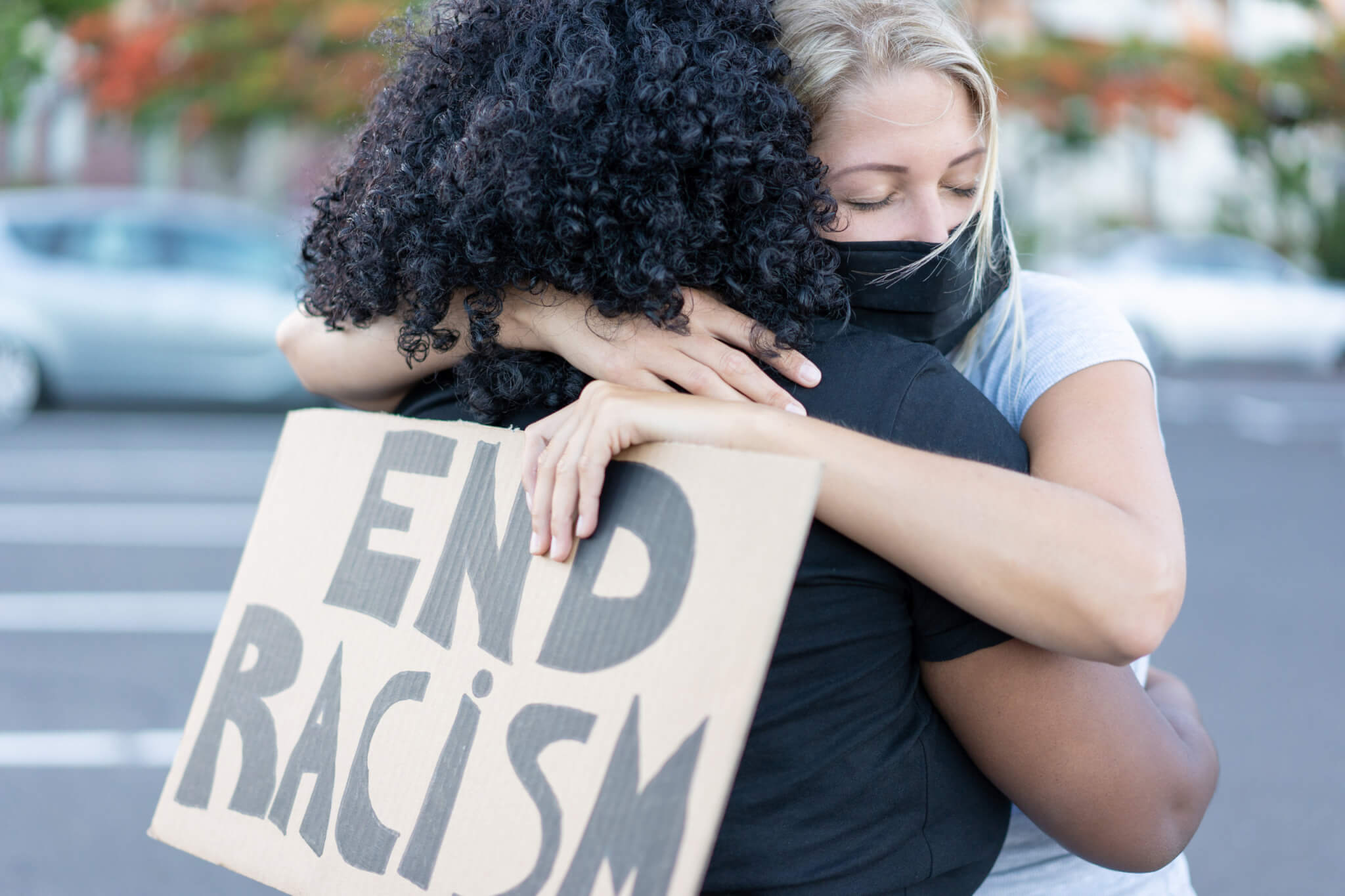
(© Paolese - stock.adobe.com)
BOSTON — While heart disease in general is undoubtedly a major public health issue in the United States, representing the number one cause of death, African American women are particularly at risk when it comes cardiovascular concerns. Now, a new study is offering up a potential explanation as to why — racism. Researchers at the Boston University Chobanian & Avedisian School of Medicine noted an association between Black women experiencing racism in employment, housing, and interactions with the police and a 26-percent higher risk of developing coronary heart disease.
The most common variety of heart disease, coronary heart disease (CHD), occurs at a disproportionate rate among Black women, as do Myocardial infarctions (MI) and heart attacks, in comparison to White women. Moreover, cardiac events are associated with higher mortality rates and earlier onsets among African American women as well. Despite these worrying trends, modern science knew very little regarding the association of perceived racism with cardiovascular risk prior to this study.
Coronary heart disease in particular refers to the buildup of plaque along the walls of the coronary arteries, which are responsible for supplying blood to the heart.
“Our study provides longitudinal evidence on the relationship between perceived interpersonal racism and incident cardiovascular endpoints, suggesting that Black women with higher levels of perceived interpersonal racism may subsequently have a higher risk of incident CHD,” says corresponding author Shanshan Sheehy, MD, MSc, ScD, assistant professor of medicine at Boston University Chobanian & Avedisian School of Medicine, in a media release.
To reach these findings, the research team analyzed data pertaining to roughly 48,000 people enrolled in the Black Women’s Health Study. That project is the single largest follow-up study focusing on the health of Black women in the United States to investigate if self-perceived interpersonal racism is associated with an increased risk of coronary heart disease. In 1997, none of the participants had cardiovascular disease or cancer. During the 22-year follow-up period, however, 1,947 women developed coronary heart disease.

At the beginning of the study (in 1997), all of the participants answered five questions related to their experiences of interpersonal racism in their everyday activities. For example: “How often do people act as if they think you are dishonest?”
Everyone enrolled in the study was also asked about unfair treatment due to their race during employment interactions (hiring, promotion, firing), housing (renting, buying, mortgage), or in interactions with police (being stopped, searched, receive a warning).
Using all of those responses, study authors calculated perceived interpersonal racism scores for interactions involving jobs, housing, and police interactions by adding up the positive responses to those three questions. The ensuing self-perceived interpersonal racism scores spanned from zero (no to all three questions) to three (yes to all three questions). The analysis focusing on perceived interpersonal racism scores for interactions that involved jobs, housing, and police, meanwhile, found that Black women who reported dealing with racism across all three categories had about a 26 percent higher risk of heart disease in comparison to others who hadn't encountered as much discrimination.
Researchers also note observing differences in associations with CHD between perceived racism in daily life, and perceived racism on the job, in housing, and by the police.
“The types of perceived racism may be reported with different accuracy by participants. Participants might have a more accurate recall of experiences of racism in job, housing and with the police than experiences of racism in daily life. Being denied at job promotion, mortgage application, or being treated unfairly by the police might be harder to forget and might have greater association with Black women’s social, emotional and physical wellbeing, compared with experiences of racism in daily life such as receiving poor services at a restaurant,” concludes Professor Sheehy, who also is an epidemiologist at the Slone Epidemiology Center.
The study is published in the journal Circulation.











This post’s headline leaves out the word “perceived” which changes what the study is actually measuring. Of course, if someone believes they are or have been discriminated against, that stress can cause medical issues
By the headline, I expected the heart ailments caused by racism to be inflicted on the racist, not the perceived victim.
New vaccines perhaps 🤔